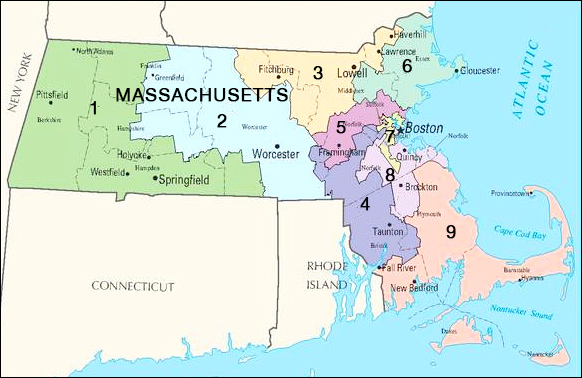By Jim Ellis
Aug. 31, 2018 — While we covered the statewide results for the Aug. 28 nomination elections in Arizona, Florida, and Oklahoma earlier in the week, now is a good time to review the many US House campaigns that were decided last Tuesday, and which will become competitive in November.
• AZ-1: Freshman Rep. Tom O’Halleran (D-Sedona) stands for his first re-election in an expansive district that encompasses most of eastern Arizona. The Republican winner is retired Air Force officer Wendy Rogers, who has run for several offices in the state but has never been successful. It’s likely that the same pattern will again emerge in November. Rogers defeated state Sen. Steve Smith in the GOP primary, and he was viewed as the party’s strongest general election candidate. Therefore, we can now rate this race as Likely Democratic.
• AZ-2: The pre-race favorites for this Tucson-anchored open seat, vacated because Rep. Martha McSally is running for the Senate, were former US Rep. Ann Kirkpatrick (D) and Tucson Hispanic Chamber of Commerce president Lea Marquez-Peterson (R). While both won their respective nominations, each of their win percentages (41.4 percent and 33.6 percent, respectively) were less that predicted. With neither candidate close to majority support in her own party, the general election will prove interesting. Most believe that Kirkpatrick is the favorite here, but it doesn’t appear her win is yet clinched.
• AZ-9: Rep. Kyrsten Sinema leaves this largely Democratic Phoenix suburban seat to run for the Senate. The heir-apparent is Phoenix former Mayor Greg Stanton (D), and he will face GOP physician Steve Ferrara, a first-time candidate. No question that Stanton is the general election favorite, but Dr. Ferrara is getting high marks as a candidate. Likely Democratic.
FLORIDA
• FL-1: Freshman Rep. Matt Gaetz (R-Ft. Walton Beach) under-performed in his primary, winning with only 65 percent of the vote, but he is still safe in the general election against pediatrician Jennifer Zimmerman (D) in his heavily Republican district.






